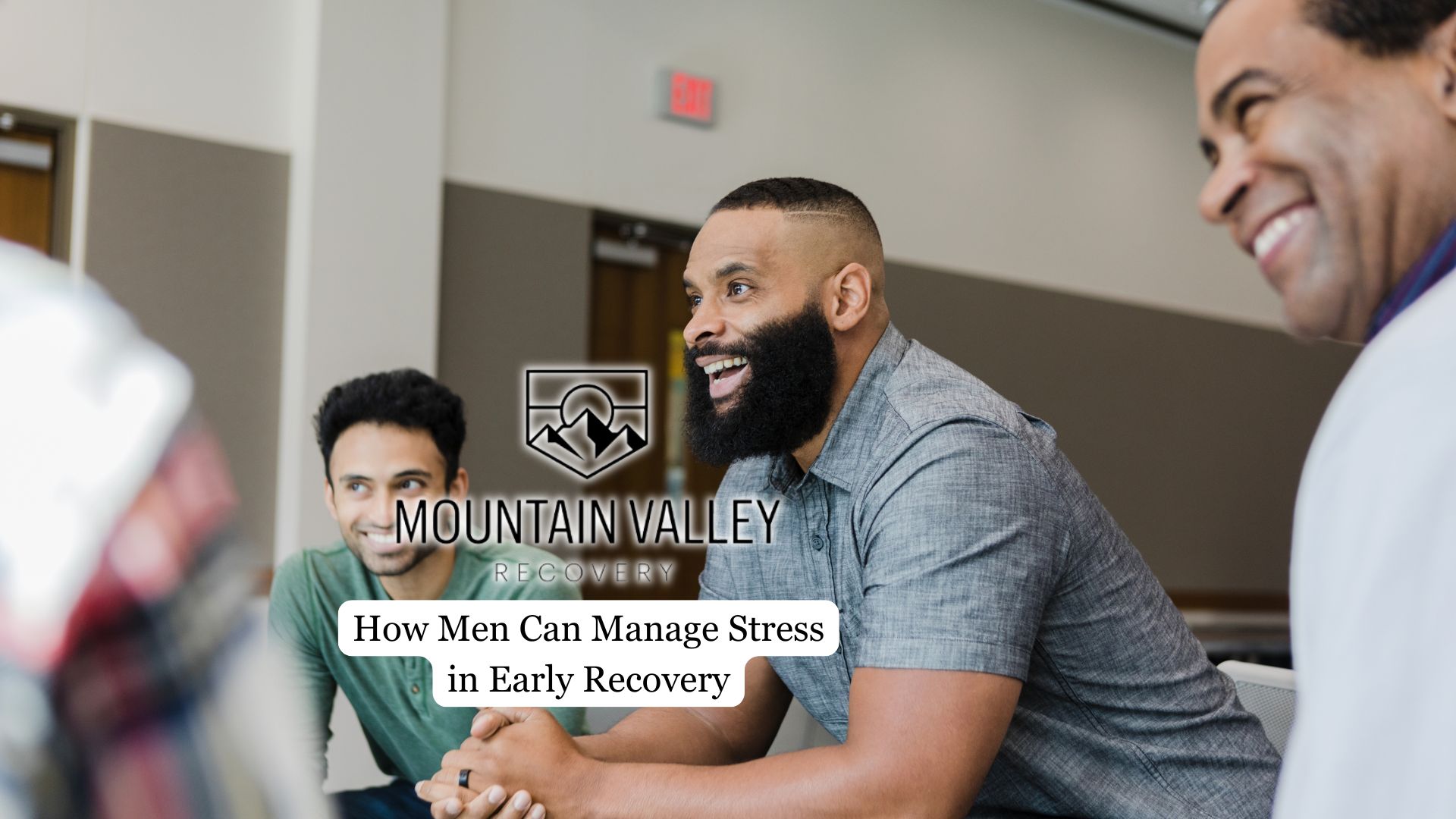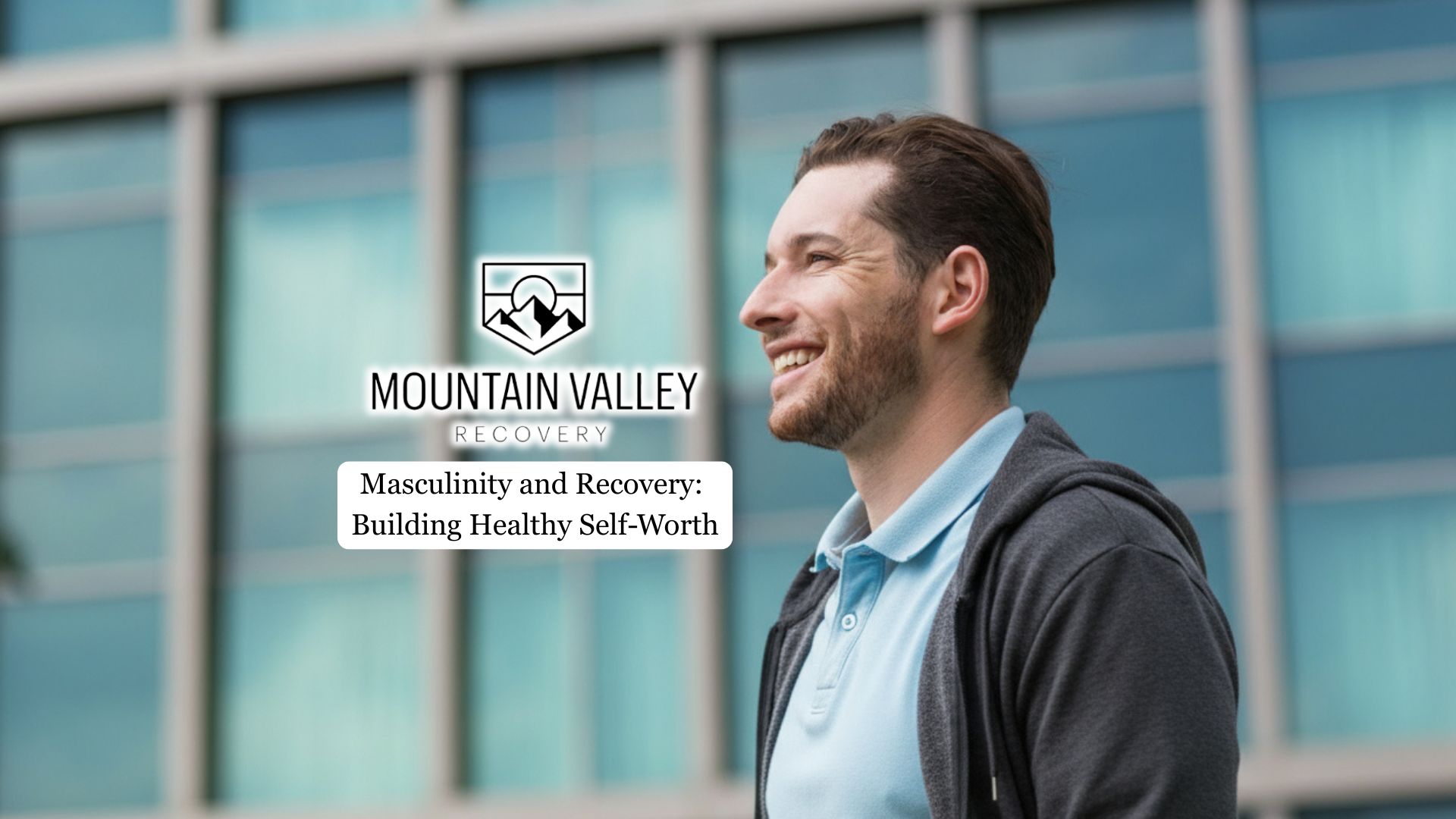Whether you’re embarking on your recovery journey or seeking to bolster your current support system, establishing a network of trusted individuals and resources can be transformative.
This article will walk you through the steps of creating and cultivating a support network that can empower you to flourish in your sobriety.
Importance of Social Support
Surrounding yourself with individuals who share your recovery goals and understand your experiences can significantly reduce feelings of isolation and loneliness, which are common triggers for relapse.
Having a robust sober support network increases the likelihood of achieving sustained sobriety and experiencing better overall mental health outcomes.
The recovery community provides a safe space where you can openly share your challenges and triumphs, fostering a sense of belonging that’s crucial for addiction recovery. Positive peer influences within your social support network promote accountability and motivation, encouraging you to stay committed to your recovery goals.
The support network you can build during your stay in our drug rehab in Utah will provide you with the encouragement, accountability, and understanding you need to thrive in your new, sober life.

Identifying Potential Support Sources
Start by reaching out to family members who can provide unconditional love and understanding, as their support can be vital during recovery.
Don’t hesitate to lean on friends who prioritize healthy lifestyles and are willing to engage in sober activities, serving as positive influences. Joining local or online support groups, such as Alcoholics Anonymous or Narcotics Anonymous, can connect you with peers who share similar recovery experiences.
These groups offer a safe space to share struggles and successes, fostering a sense of community and accountability. Consider seeking professional help from counselors or therapists specializing in addiction, as they can provide tailored guidance and resources to strengthen your recovery support network.
Building a Support Network
You should always begin by identifying and reaching out to trusted friends and family members who show empathy and a non-judgmental attitude towards your recovery journey. Their healthy support can provide encouragement and accountability.
Engage with professionals, such as therapists and addiction specialists, who offer tailored advice and guidance in building your support network. Participate regularly in a local or online recovery group, like Alcoholics Anonymous or Narcotics Anonymous, to connect with others sharing similar experiences.
Openly communicate your recovery goals and needs with your support network, ensuring they understand how to assist you effectively on your journey. Establish healthy boundaries with individuals who may trigger cravings or relapse, prioritizing relationships that foster a supportive and positive environment.
Maintaining Your Support Network
Regular communication with your support network fosters strong bonds and keeps everyone informed about your recovery journey and needs.
Schedule consistent check-ins or meet-ups, whether in person or virtually, to reinforce emotional connections and provide opportunities for mutual support. Celebrate milestones together, such as sobriety anniversaries, to enhance the sense of community and shared success within your network.
Actively offer support to others in your circle, encouraging reciprocity and strengthening a collective commitment to recovery. Engage in group activities or shared hobbies to promote camaraderie and maintain a positive, sober environment that benefits everyone’s efforts.
Use Online Platforms
You can access a diverse range of recovery communities, connecting with people who share your experiences and challenges, no matter where they’re located.
Virtual support groups, like those provided by Alcoholics Anonymous or SMART Recovery, allow you to interact regularly and stay accountable in your recovery process.
Leverage social media to find and join recovery-focused groups and forums, fostering a sense of belonging and reducing feelings of isolation. Many online resources also provide educational materials and articles on addiction and recovery, helping you gain insights and strategies to support your recovery.
Engage in online discussions and forums to enhance your communication skills and share your experiences, challenges, and successes with others on similar journeys.
Final Thoughts from Mountain Valley Recovery
At Mountain Valley Recovery we offer a long-term residential program in Utah for men only. This rehab provides an environment where you can forge lasting connections with peers who understand your struggles and share your commitment to recovery. The relationships you cultivate during your time at Mountain Valley Recovery can serve as the foundation for a lifelong support system.
These connections, combined with the skills and strategies you’ve learned, will be invaluable as you navigate the challenges of maintaining sobriety in the outside world.





